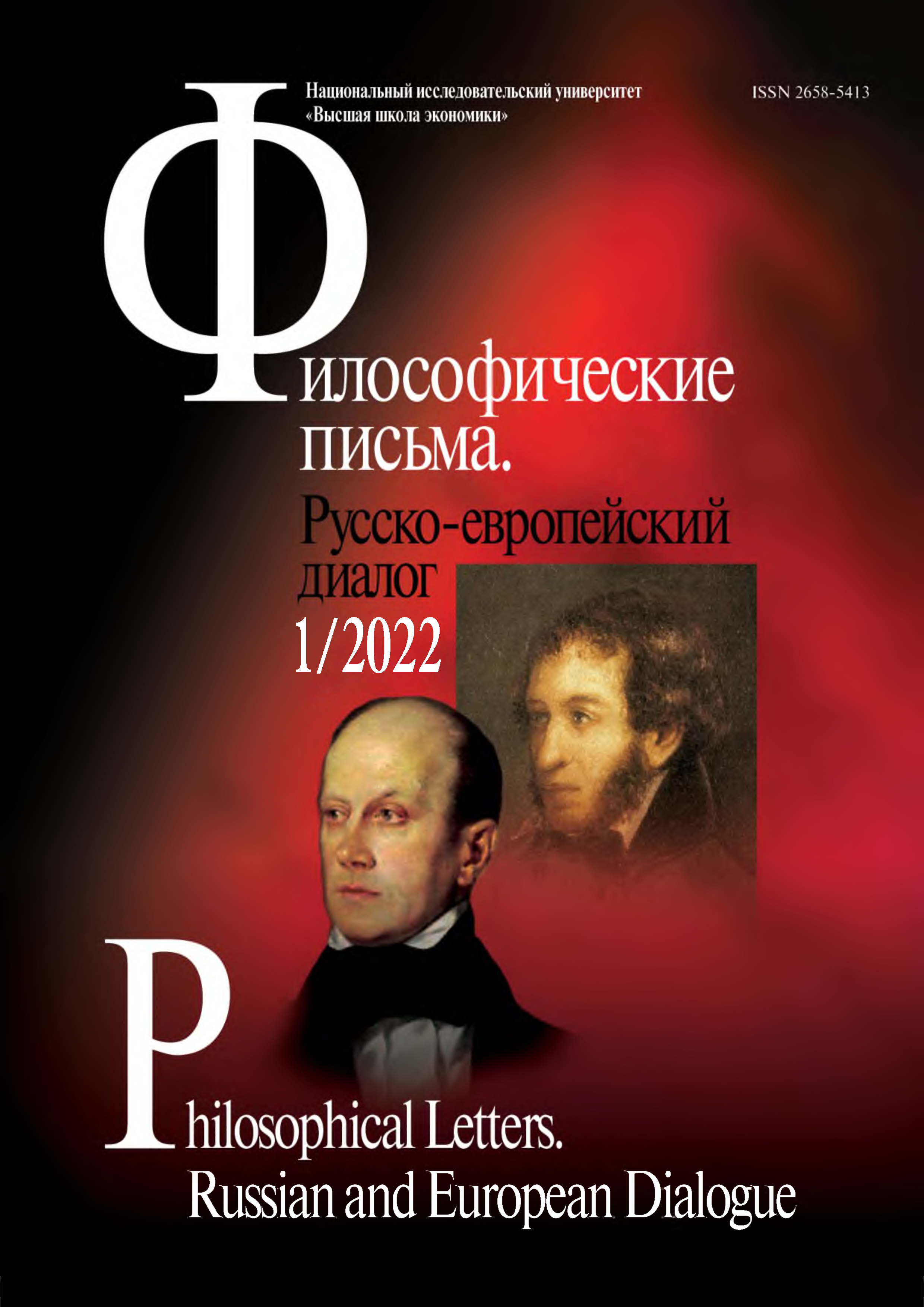“To Have One Eye in the Realm of the Blind — is to be the King”: Ethical Ideas of Sergey Murav’ev-Apostol the Decembrist
Abstract
The article speaks about Sergey Murav’ev-Apostol’s ethical ideas articulated in his letters, both published and remaining in archives. Among other research materials are Murav’ev-Apostol’s investigation file, memoirs and historians’ comments about him. The author of the article describes Murav’ev-Apostol’s theory, which claims that people fall into two groups: “the leaders” and “those to be lead”. According to Murav’ev-Apostol, the paragon of the fi rst group is Moses the prophet. Those from the second group can be subdivided into “blind” and “one-eyed”. The religious aspect of these ethical ideas is also considered. It is concluded that the Chernigov regiment uprising, which was instigated by Murav’ev-Apostol, was largely pre-determined by the Decembrist’s self-identifi cation as a strong person, the “leader”, whose mission was to rule others and decide the fates of history. His desire to sacrifi ce his life for the sake of his compatriots is also analysed.

